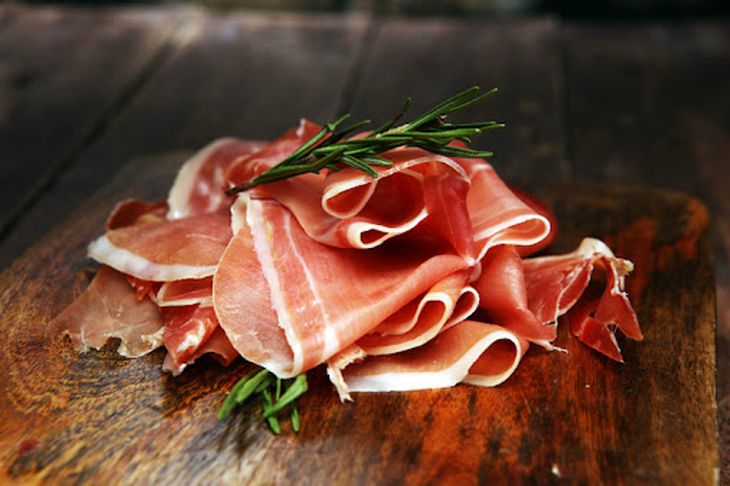Spain’s prized jamón ibérico under threat from climate crisis

Spain’s prized jamón ibérico bellota is under threat from the climate crisis as rising temperatures and low rainfall imperil a key ingredient of the pigs’ diet – acorns.
In a country where pigs are as populous as people, there are many varieties of ham but none is so revered as jamón ibérico bellota, which retails at upwards of €100 (£88) a kilo.
It is produced exclusively from blackfoot pigs, which must spend the last month of their lives gorging on acorns (bellotas) in the dehesa, a type of oak forest peculiar to the west and north-west of Spain.
The problem is that, as a result of unusually hot and dry summers, the oaks are producing fewer acorns. This, plus a drop in the market price, led to a 20% reduction in the jamón ibérico produced last year in Extremadura, one of only four small regions that enjoy the official denominación de origen.
Last year was the hottest on record in Spain and the third driest. Rainfall in Extremadura has fallen by about 35% over the past 50 years.
“The dehesa is made up of holm oaks that are native to damp climates so it’s a relic of when the climate here was different from now,” said Francisco Espárrago, the president of Señorio de Montanera, which produces top quality jamón. “The trees struggle to survive the long, hot and dry summers we’re having now.”
Even if this summer is not as extreme as 2022, Espárrago is not optimistic. “I expect that this year, having survived the drought of last summer and a winter with little rain, will be worst in the 40 years I’ve been working in the dehesa,” he said.
Under the regulations, ham producers are allowed to import acorns from elsewhere but Espárrago is not keen on the idea.
“The main source is Morocco and Algeria, where of course they don’t rear pigs, but I worry that importing acorns may introduce new diseases as happened when we imported palm trees from Egypt,” he said. The red palm weevil was introduced into Spain via Egypt in 1993 and subsequently destroyed tens of thousands of palms.
Read also
Wheat in Southern Brazil Impacted by Dry Weather and Frosts
Oilseed Industry. Leaders and Strategies in the Times of a Great Change
Black Sea & Danube Region: Oilseed and Vegoil Markets Within Ongoing Transfor...
Serbia. The drought will cause extremely high losses for farmers this year
2023/24 Safrinha Corn in Brazil 91% Harvested
Write to us
Our manager will contact you soon



